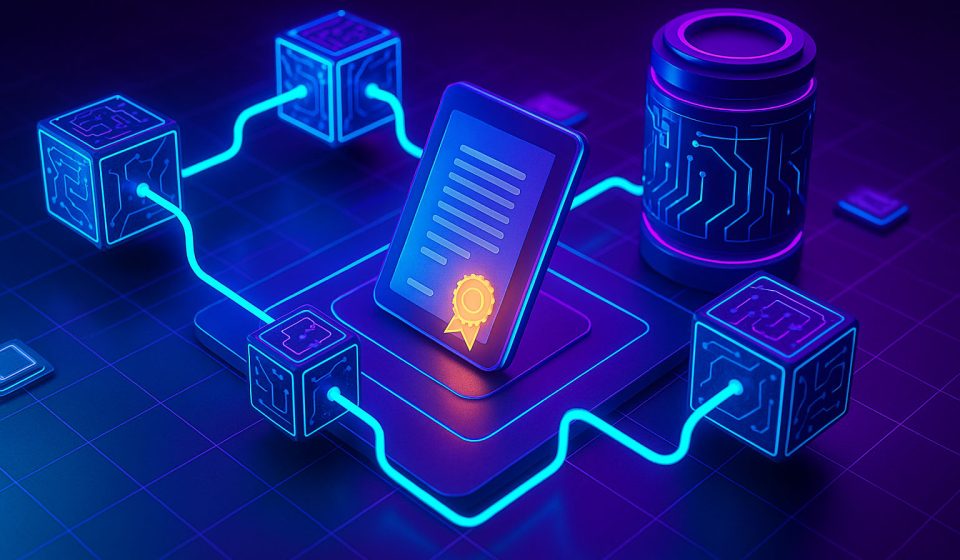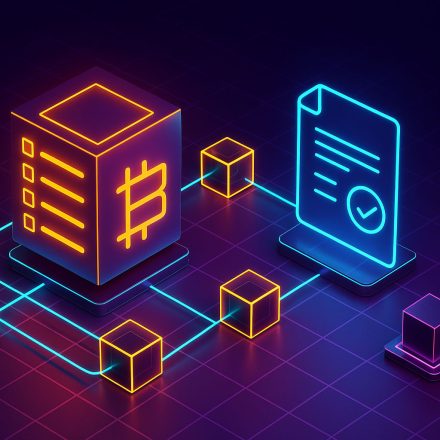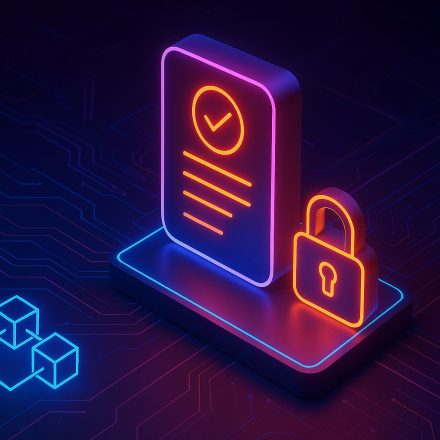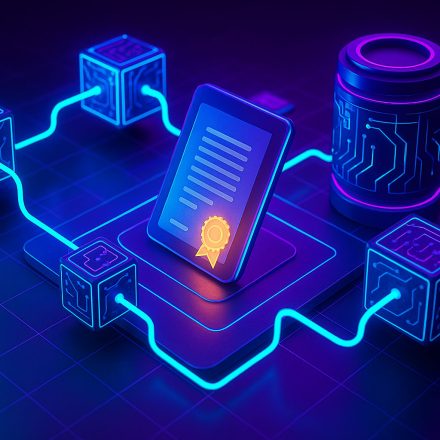
⚙️ Smart Contract Applications: Real-World Use Cases You Should Know
Smart contract applications are transforming the way we interact with finance, ownership, identity, and even governance. As this technology becomes more integrated into everyday platforms, understanding what smart contracts can actually do in the real world is more important than ever.
Table Of Content
- 🔍 What Are Smart Contracts?
- 🌐 Most Common Smart Contract Applications
- 1. Decentralized Finance (DeFi)
- 2. NFTs and Marketplaces
- 3. Gaming and Metaverse
- 4. DAOs and Governance
- 5. Real Estate Transactions
- 6. Supply Chain Tracking
- 7. Insurance Automation
- 8. Healthcare and Identity
- 🔐 Benefits of Smart Contract Applications
- ⚠️ Limitations and Risks
- 🔗 Learn More
- 📝 Final Thoughts
In this article, we’ll explore the most impactful smart contract applications being used today — from DeFi and NFTs to healthcare, real estate, and beyond.
At BlockchainInsights.org, we explain how the building blocks of Web3 are being used to solve real-world problems.
🔍 What Are Smart Contracts?
Before diving into smart contract applications, it’s helpful to understand what a smart contract is.
A smart contract is a self-executing program stored on the blockchain. It contains code that runs automatically when specific conditions are met, without needing human intervention or third-party approval.
Key traits of smart contracts:
- Autonomous – They execute without middlemen
- Immutable – Once deployed, the code can’t be changed
- Transparent – Anyone can view and audit the logic on-chain
🌐 Most Common Smart Contract Applications
Let’s look at where smart contract applications are making the biggest impact:
1. Decentralized Finance (DeFi)
Perhaps the most well-known use of smart contracts, DeFi uses them to recreate traditional financial services without banks.
Examples of DeFi smart contract applications:
- Lending & borrowing (e.g., Aave, Compound)
- Decentralized exchanges (e.g., Uniswap, Curve)
- Stablecoin issuance (e.g., MakerDAO and DAI)
These contracts handle asset swaps, collateral management, and interest rate calculations automatically.
2. NFTs and Marketplaces
Every non-fungible token (NFT) is minted using a smart contract that defines its ownership, metadata, and royalty structure.
Smart contract applications in NFTs include:
- Minting unique tokens
- Enforcing resale royalties
- Managing auctions and bids
Learn more in our guide:
“How NFTs Work and Why They’re Valuable”
https://blockchaininsights.org/how-nfts-work
3. Gaming and Metaverse
Smart contracts power blockchain games by assigning ownership of in-game assets, enabling item trading, and managing in-game economies.
Top smart contract applications in gaming:
- Reward distribution in play-to-earn models
- NFT-based ownership of avatars, skins, and lands
- Real-time token swaps within virtual worlds
4. DAOs and Governance
Decentralized Autonomous Organizations (DAOs) rely entirely on smart contracts to govern operations.
Use cases include:
- Voting on proposals
- Allocating treasury funds
- Managing community incentives
Example: MakerDAO and Aragon use smart contracts for decentralized decision-making.
5. Real Estate Transactions
Real estate is being transformed by smart contract applications that automate:
- Escrow services
- Title transfers
- Rental agreements
- Fractional ownership via tokenization
Example: Propy enables real estate transactions and ownership transfers entirely on-chain.
6. Supply Chain Tracking
Companies are using smart contracts to monitor and verify each step in a product’s journey — from origin to delivery.
Benefits of these applications include:
- Real-time tracking
- Immutable proof of product integrity
- Reduced counterfeiting
7. Insurance Automation
Parametric insurance is one of the most promising smart contract applications. Payouts occur automatically when certain conditions are met — no paperwork needed.
Examples:
- Flight delay insurance
- Weather-triggered crop insurance
- Crypto wallet protection
8. Healthcare and Identity
Blockchain-based healthcare platforms use smart contracts to manage:
- Patient consent and data access
- Health record transfers
- Secure medical data sharing
External resource:
“Smart Contracts and Healthcare” – IBM Blog
🔐 Benefits of Smart Contract Applications
- Efficiency: Automate manual tasks
- Transparency: Open access to code and results
- Security: Tamper-proof data and rule enforcement
- Cost-saving: Fewer intermediaries and processing time
- Programmability: Highly customizable for different use cases
⚠️ Limitations and Risks
Even the best smart contract applications face technical and legal challenges:
- Code vulnerabilities can lead to costly exploits
- Oracles (external data feeds) can be manipulated
- Legal enforceability varies by jurisdiction
- Immutability makes post-deployment updates difficult
Tip: Use audited smart contracts and follow best practices when deploying on-chain.
🔗 Learn More
Start from the basics:
“What Are Smart Contracts and How Do They Work?”
https://blockchaininsights.org/what-are-smart-contracts
Additional reading:
“Ethereum Smart Contracts Overview” – Ethereum.org
https://ethereum.org/en/developers/docs/smart-contracts/
📝 Final Thoughts
The most exciting smart contract applications aren’t just technical demos — they’re real tools powering financial services, global trade, art markets, and even healthcare.
As adoption grows, so will the range and complexity of what smart contracts can do. And at BlockchainInsights.org, we’re here to help you keep up — one smart application at a time.













